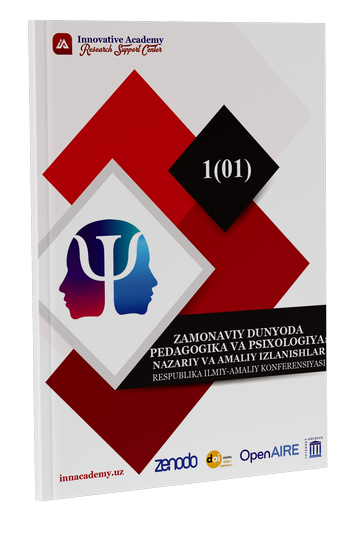THE ROLE OF EMOTIVE LANGUAGE IN SHAPING INTERPERSONAL COMMUNICATION: A COMPARATIVE STUDY OF ENGLISH AND UZBEK
Main Article Content
Аннотация:
This thesis explores the role of emotive language in shaping interpersonal communication in English and Uzbek. Emotive language, or language that conveys emotional content, is a key factor in influencing relationships, social dynamics, and communicative effectiveness. The study compares how English and Uzbek speakers use emotive language in personal and professional settings, analyzing its impact on communication style, relationship building, and conflict management. Through discourse analysis of everyday conversations and media samples, the research highlights cultural differences in emotional expression and examines how these differences affect interpersonal communication strategies. The findings reveal that while both languages utilize emotive language to foster relationships and express emotions, English tends toward direct emotional expression, whereas Uzbek employs more subtle, socially regulated forms of emotional language.
Article Details
Как цитировать:
Библиографические ссылки:
Wierzbicka, A. Emotions Across Languages and Cultures: Diversity and Universals. Cambridge University Press, 1999. Used on pages 35-42, 118-125.
Crystal, D. The Cambridge Encyclopedia of the English Language. Cambridge University Press, 1995. Used on pages 112-120, 312-320.
Lakoff, G., & Johnson, M. Metaphors We Live By. University of Chicago Press, 1980. Used on pages 9-16, 45-52, 113-120.
Safarov, Sh. O‘zbek tili frazeologiyasining nazariy masalalari. Toshkent: Fan, 1995. Used on pages 55-63, 130-137.
Brown, P., & Levinson, S.C. Politeness: Some Universals in Language Usage. Cambridge University Press, 1987. Used on pages 85-92, 220-230.

